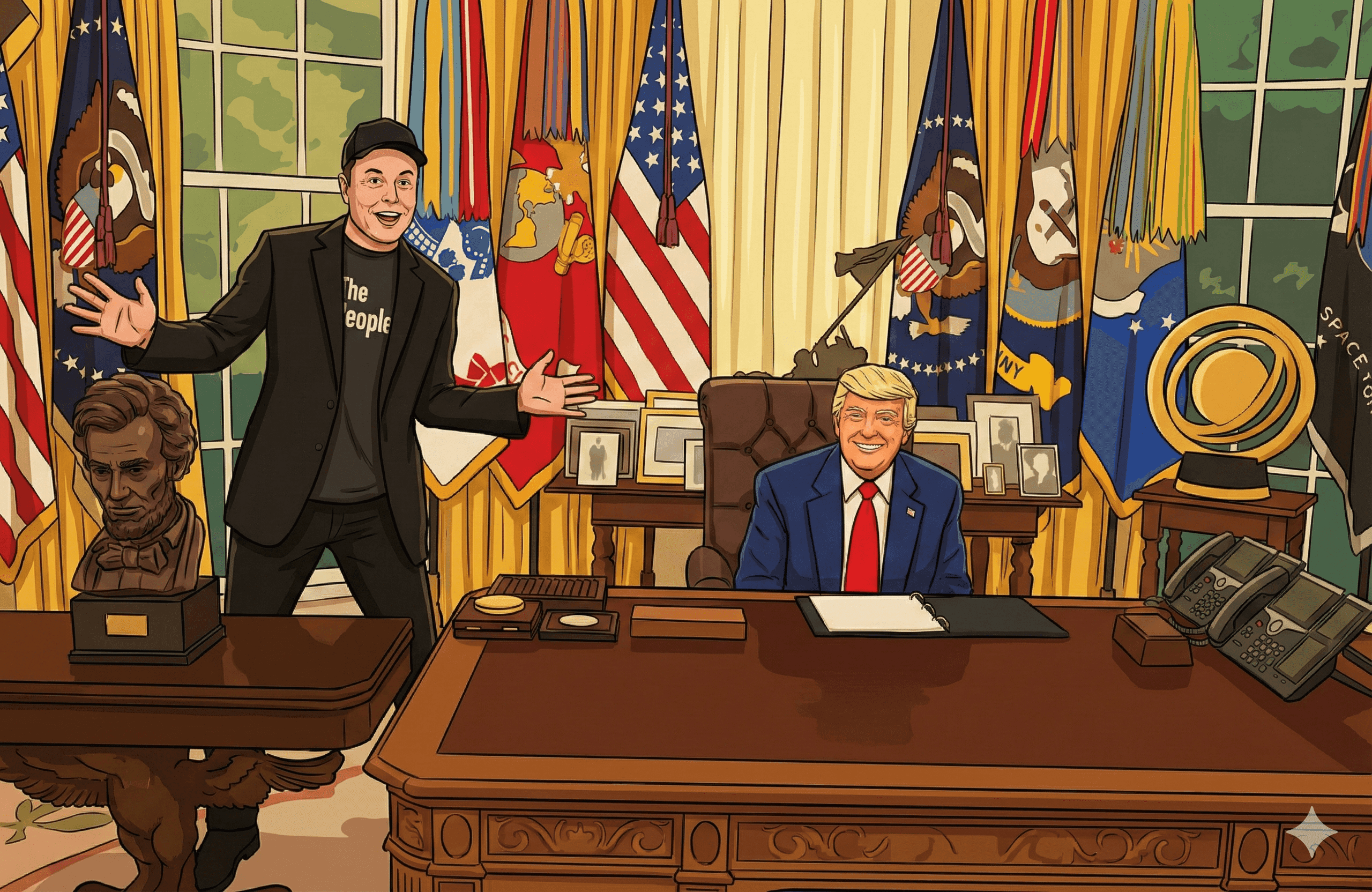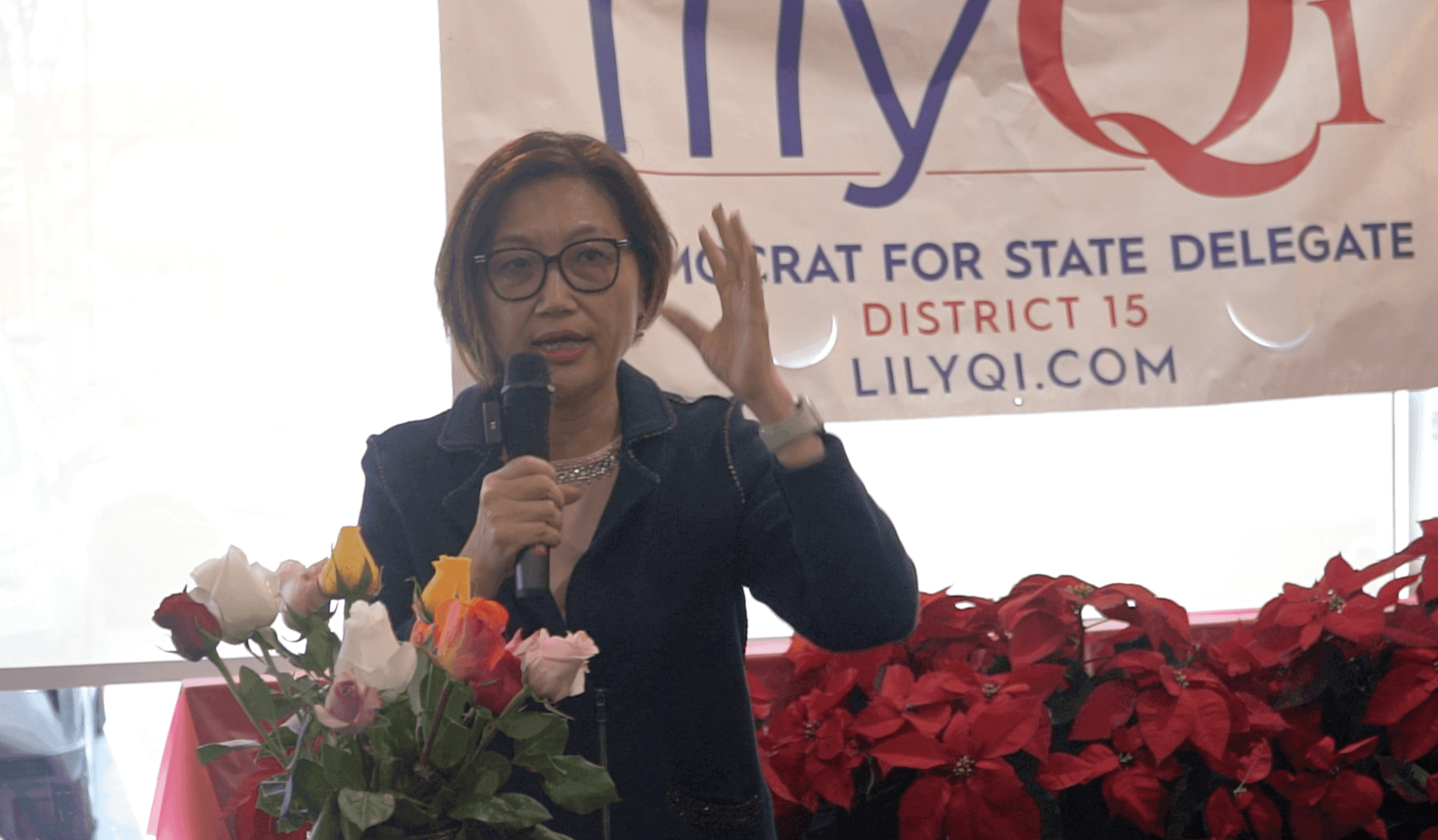Opinion | Another Chinese American Became Congressman, So What?
Yuan Media's Op-ed
By Editorial Board
Earlier this month, a new face joined the House of Representatives: Vince Fong, a Republican congressman from California. His name and appearance immediately reveal that he is Chinese American.
Fong’s swearing into Congress excited the Chinese American community. Many see it as a strong example of their deep engagement in mainstream politics. Let's discuss how Vince Fong made his way to Capitol Hill and analyze the role he will play in the House of Representatives.
Vince Fong represents California’s 20th Congressional District. He is a local, born in Bakersfield in 1979. At 44, Fong is considered young both on Capitol Hill and in the Washington political arena.
Bakersfield is in the Central Valley region, southeast of California. It's quite distant from the renowned metropolitan areas of Los Angeles and San Francisco. Politically, it stands out as a red region in a deep blue state, long dominated by Republicans. This is largely because the oil industry is a key economic pillar in the district.
Fong graduated from prestigious colleges. He earned his bachelor's degree from UCLA and his master's from Princeton. Unlike many students from Chinese American families, his major was not in STEM, finance, or law. He studied political science, government, and public affairs.
It's clear that politics was on Fong’s radar from a young age. He had been preparing for it since college. Fong began his political career right on Capitol Hill.
In his twenties, Fong became a staffer for former Rep. Bill Thomas (R) during George W. Bush’s administration. Thomas was then-chairman of the House Ways and Means Committee, one of the most crucial committees in Congress, responsible for tax-writing. At a young age, Fong was involved in international trade policy-making.
Thomas was succeeded by the well-known former Rep. Kevin McCarthy, who was ousted within months after he took the House Speaker's gavel. Fong became McCarthy’s right-hand man and district director in 2006. Later, Fong was elected to the California General Assembly, serving as the Assembly Republicans’ top budget official, a high-ranking position.
After that ignominious finish, McCarthy limped into retirement, leaving the seat vacant but still had his heart and will to influence. McCarthy handpicked Fong to succeed him, allowing him to shape the Hill's politics from behind the scenes. Initially hesitant, Fong eventually entered the race when another potential candidate dropped out.
The race involves Republican infighting, with Fong's main rival being Tulare County Sheriff Mike Boudreaux. Fong won the special election in May to replace McCarthy. House Speaker Mike Johnson swore in Fong shortly after the election to help maintain the Republicans' slim majority in the House.
However, Fong can only serve as a temporary replacement until next January. He must win the battle against Boudreaux again in the general election in November to officially become the congressman for California’s 20th Congressional District for the next two years.
With Fong's easy victory in the special election and upcoming federal legislative experience, it's likely he has a strong chance to win the general election in November.
Fong’s victory stemmed from his long-standing name recognition in the district, bolstered by support from former President Donald Trump, who described him as a “true Republican” and endorsed him. Trump’s endorsement holds significant weight in today's Republican landscape, like a certificate from the king. It helped Fong secure the seat, setting the stage for Trump's potential return to DC and another presidential bid.
Fong possesses formidable advantages and extensive political experience. He seldomly refers to his Chinese American background and never plays the card of identification politics. However, with the endorsement of Trump, a figure associated with white supremacy, Fong’s stance on ethnic minorities is uncertain. Under this situation, it remains unclear whether his election will lead to increased advocacy for the Chinese American community or the AAPI in general.
Increased representation of AAPI community members in Congress enhances diversity on Capitol Hill, which is a positive development. However, the role they play on the Hill can’t be decided only by their skin color. It depends on their dedication to truly representing constituents rather than engaging in partisan politics. Yet, in today's polarized political landscape in Washington, navigating without partisanship appears to be an impossible path for anyone, which is frustrating and disheartening.

 Yuan Media
Yuan Media



